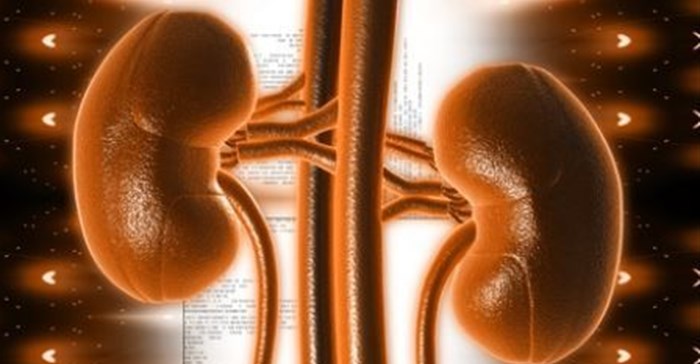
Top stories


ESG & Sustainability#BudgetSpeech2026: SRD grant unchanged, other Sassa social grants see hike
14 hours



More news












ESG & Sustainability
South Africa’s carbon tax should stay: climate scientists explain why










The decline in deceased donors during the pandemic emphasizes the ongoing challenges faced in the world of transplantation, with uncertain prospects for 2022 statistics.
During 2021 the number of national deceased donors dramatically dropped from 92-in 2018 - down to 38.
Does this place transplantation at a point of no return? The only list that grows at a steady pace is the transplant waiting list and this is an alarming fact. New names of people desperately needing a transplant are added and many names only get taken off the list because the patient has died in the interim.
At any given time there are at least, if not more, than 4,700 patient names on the waiting list and even during a good year, less than 100 deceased organ donations take place. This means that only 2,1% of the people waiting for a transplantation receive an organ from a deceased donor.
For those waiting for a kidney or partial liver transplant, the only help line is receiving an organ from a related or non-related live donor.
“As a nation we have the power and ability to change these numbers and save lives by simply registering as an organ donor and letting your family know of your commitment to being a donor. It is a simple process and easy to do,” says Julie Purkis, national liaison officer for the Organ Donor Foundation.
“It’s worth noting that registering as a donor does serve as consent for a donation to take place, and it does not mean that at the time of death that one’s organs will automatically be donated. “Consent from the next of kin is always a requirement before a donation can take place.
“Families are often reluctant to say yes to consent at a time when they are grieving, and when they do not know their loved one’s intent. For this reason, the Organ Donor Foundation has given all the transplant centres in South Africa access to its database of registered donors to ensure that families are able to honour their loved one’s wishes.
“If you want to save lives, we urge you to make sure that your name is on the donor registry as it provides tangible proof to your family of your commitment to being a donor.”